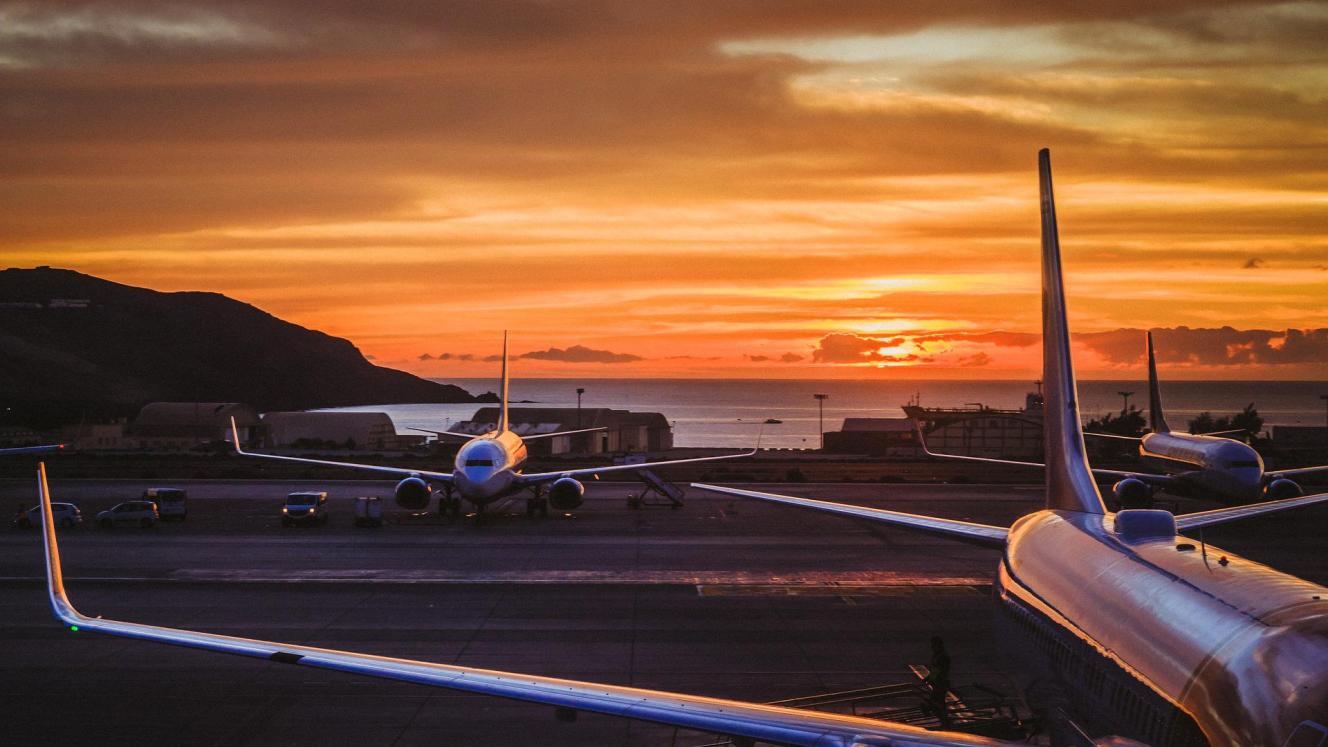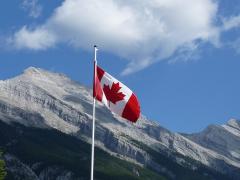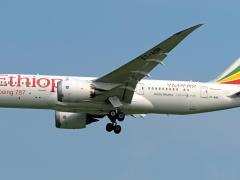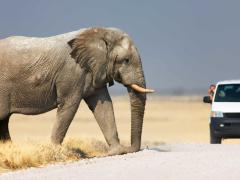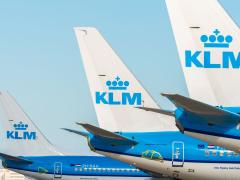Following a court ruling that declared it unlawful to impose Broad-Based Black Economic Empowerment (B-BBEE) criteria on domestic air service licence applicants, new litigation aims to overturn similar requirements for international providers.
Litigator for the business and industry chamber network, Sakeliga, has filed papers in the Gauteng High Court to revoke B-BBEE or race-based requirements on applications to the International Air Services Licensing Council (IASLC).
Sakeliga said while its previous court case victory applied to domestic licences, the same requirements were being enforced for international air service applications.
“In May 2025, Sakeliga obtained council minutes confirming that the IASLC has been obstructing and threatening to deny licences for international air services by arbitrarily demanding B-BBEE credentials and transformation undertakings. If not reversed, it would seriously limit the availability of international air services in South Africa, reducing choice and raising costs,” said Sakeliga.
As a part of the complaint, Sakeliga is arguing that the International Air Services Act strictly focuses on operational capacity, safety standards, accountable local ownership and control requirements. However, it does not offer the IASLC the authority to require BEE or other transformation-focused commitments from operators.
“By introducing considerations that have nothing to do with operational standards, safety, or service quality, the IASLC is undermining commercial freedom and threatening the viability of inbound and outbound international air services,” said Sakeliga.
Compromised international connectivity
Sakeliga claims that these requirements are driving away airlines from the Americas, Europe, Australia, Africa, the Middle East and East Asia from entering or expanding in South Africa.
Board of Airline Representatives (Barsa) CEO, George Mothema, previously confirmed that a number of Barsa’s international airline members had expressed concern about unclear and inconsistently applied B-BBEE conditions.
“While Barsa fully supports national transformation objectives, the inclusion of B-BBEE requirements for international air service licences introduces complexities that may not align with international aviation frameworks. In practice, these requirements can deter foreign operators from entering or expanding in the South African market, thereby impacting route development, connectivity and, ultimately, tourism and trade,” said Mothema.
He explained that the requirement for B-BBEE certification as part of the air service licensing process had presented administrative and procedural challenges, particularly for international carriers operating in South Africa.
“Our position is that regulatory frameworks should strike a balance between promoting transformation and ensuring competitiveness and accessibility within the South African sector. We believe that clarity and consistency in the application of B-BBEE requirements are essentials to avoid deterring investment and to safeguard South Africa’s reputation as an open and reliable aviation market.”
